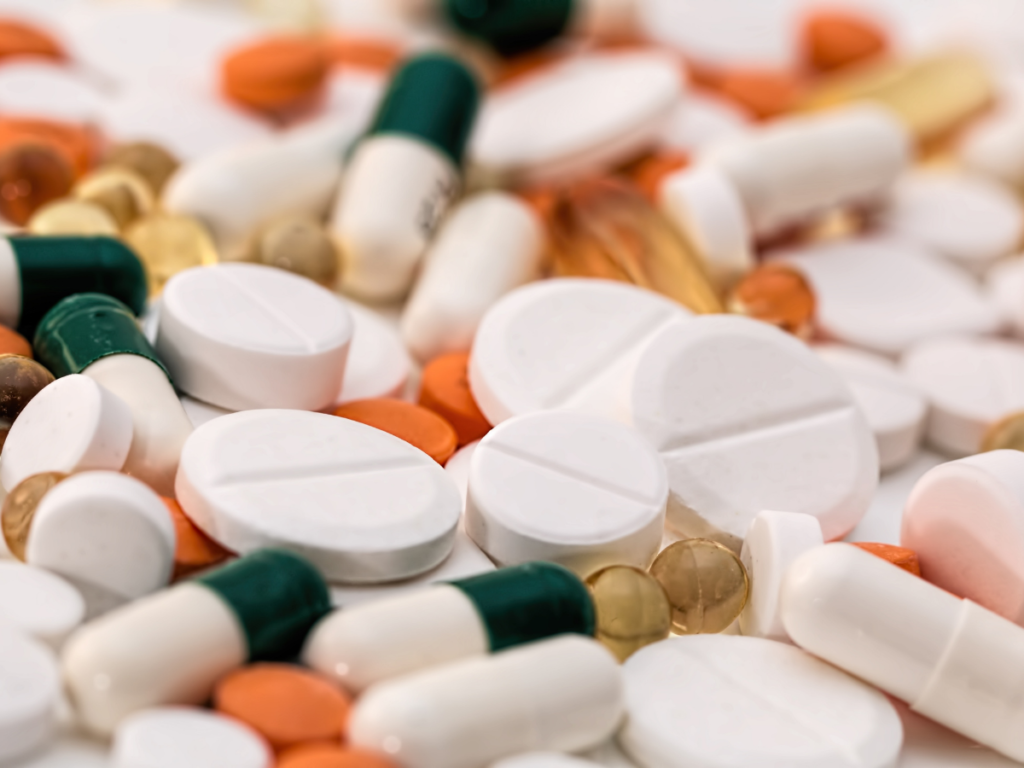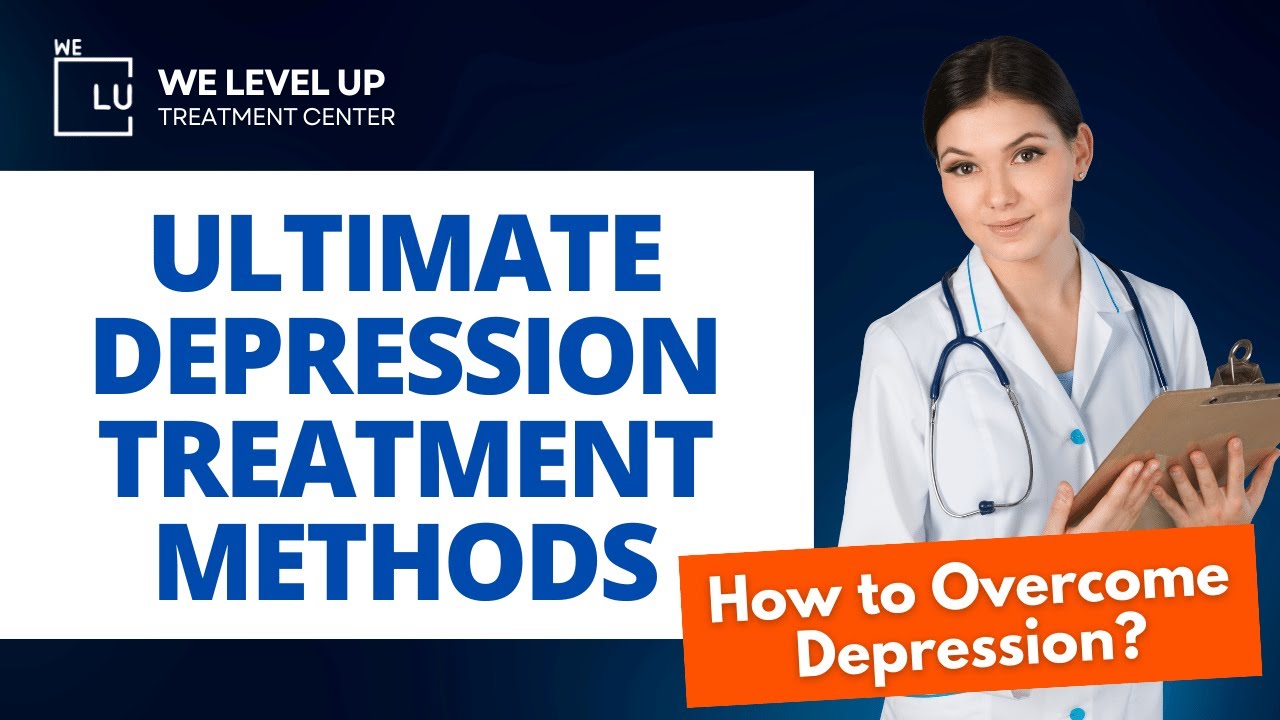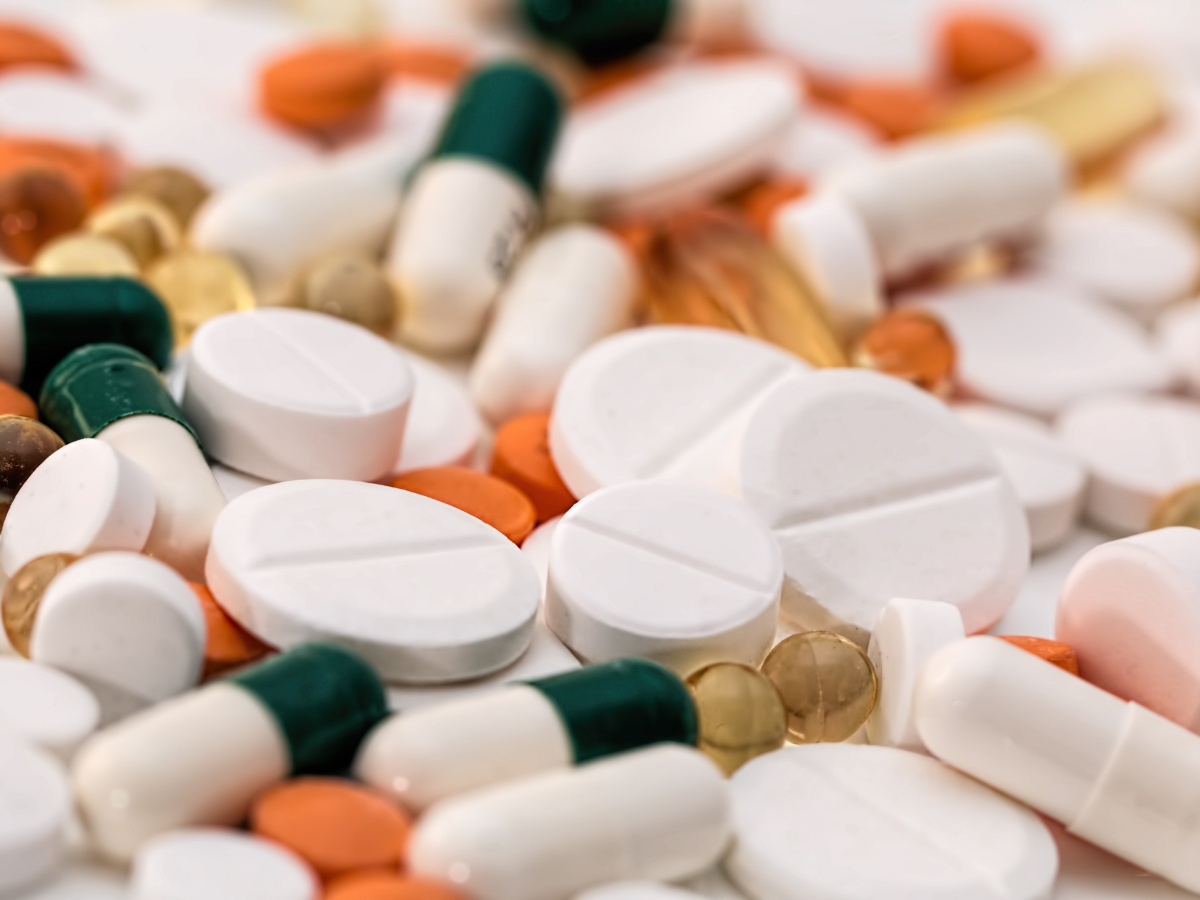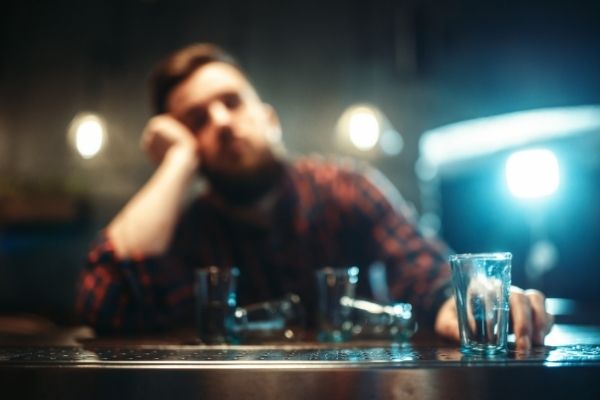What is Seroquel?
Quetiapine, sold under the brand name Seroquel among others, is an atypical antipsychotic medication used for mental disorders treatment such as schizophrenia, bipolar disorder, and major depressive disorder.
What is Seroquel Used for?
Seroquel tablets and extended-release (long-acting) tablets are used to treat the symptoms of schizophrenia (a mental illness that causes disturbed or unusual thinking, loss of interest in life, and strong or inappropriate emotions). Seroquel tablets and extended-release tablets are also used alone or with other medications to treat episodes of mania (frenzied, abnormally excited or irritated mood) or depression in patients with bipolar disorder (manic depressive disorder; a disease that causes episodes of depression, episodes of mania, and other abnormal moods). In addition, Seroquel tablets and extended-release tablets are used with other medications to prevent episodes of mania or depression in patients with bipolar disorder. Seroquel extended-release tablets are also used along with other medications to treat depression.
Seroquel Dosage
Seroquel comes as a tablet and as an extended-release tablet to take by mouth. The tablets are usually taken one to three times a day with or without food. The extended-release tablets are usually taken once a day in the evening without food or with a light meal. Take Seroquel at around the same time(s) every day. Follow the directions on your prescription label carefully, and ask your doctor or pharmacist to explain any part you do not understand. Take Seroquel exactly as directed to avoid drug overdose and its adverse side effects. Do not take more or less of it or take it more often than prescribed by your doctor. [1]

Seroquel Side Effects
Seroquel may cause side effects. Tell your doctor if any of these symptoms or those listed in the SPECIAL PRECAUTIONS section are severe or do not go away:
- Dizziness, feeling unsteady, or having trouble keeping your balance
- Pain in the joints, back, neck, or ears
- Weakness
- Dry mouth
- Vomiting
- Indigestion
- Constipation
- Gas
- Stomach pain or swelling
- Increased appetite
- Excessive weight gain
- Stuffy nose
- Headache
- Pain
- Irritability
- Difficulty thinking or concentrating
- Difficulty speaking or using language
- Loss of coordination
- Unusual dreams
- Numbness, burning, or tingling in the arms or legs
- Missed menstrual periods
- Breast enlargement in males
- Discharge from the breasts
- Decreased sexual desire or ability
Some side effects can be serious. If you experience any of the following symptoms or those listed in the IMPORTANT WARNING or SPECIAL PRECAUTIONS section, call your doctor immediately or get emergency medical treatment:
- Fainting
- Falling
- Seizures
- Changes in vision
- Uncontrollable movements of your arms, legs, tongue, face, or lips
- Painful erection of the penis that lasts for hours
- Fever
- Muscle stiffness, pain, or weakness
- Excess sweating
- Fast or irregular heartbeat
- Confusion
- Unusual bleeding or bruising
- Sore throat, fever, chills, difficult or painful urination, or other signs of infection
- Hives
- Rash
- Blisters
- Tightening of the neck muscles or the throat
- Tongue sticking out
- Difficulty breathing or swallowing
Seroquel may cause other side effects. Call your doctor if you have any unusual problems while taking this medication.
Seroquel may also cause cataracts. You will need to have eye exams to check for cataracts at the beginning of your treatment and every six months during your treatment. Talk to your doctor about the risks of taking Quetiapine or Seroquel.
Precautions
Summary Of FDA Black Box Warnings
Increased mortality in elderly patients with dementia-related psychosis
- Both first generation (typical) and second generation (atypical) antipsychotics are associated with an increased risk of mortality in elderly patients when used for dementia related psychosis.
- Although there were multiple causes of death in studies, most deaths appeared to be due to cardiovascular causes (e.g. sudden cardiac death) or infection (e.g. pneumonia).
- Antipsychotics are not indicated for the treatment of dementia-related psychosis.
Suicidal thoughts or actions in children and adults
- Depression and certain other psychiatric disorders are themselves associated with increases in the risk of suicide.
- Patients with major depressive disorder (MDD), both adult and pediatric, may experience worsening of their depression and/or the emergence of suicidal ideation and behavior (suicidality) or unusual changes in behavior, whether or not they are taking medications. This risk may persist until significant remission occurs.
- Patients, their families, and caregivers should be alert to the emergence of anxiety, restlessness, irritability, aggressiveness and insomnia. If these symptoms emerge, they should be reported to the patient’s prescriber or healthcare professional.
- All patients being treated with this medication for depression should watch for and notify their healthcare provider for worsening symptoms, suicidality and unusual changes in behavior, especially during the first few months of treatment.
How to Take Quetiapine (Seroquel)?
Seroquel may help control your symptoms but will not cure your condition. Continue to take Seroquel even if you feel well. Do not stop taking Seroquel without talking to your doctor. If you suddenly stop taking Quetiapine or Seroquel, you may experience drug withdrawal symptoms such as nausea, vomiting, and difficulty falling asleep or staying asleep. Your doctor will probably want to decrease your dose gradually.

Seroquel and Alcohol
In the United States, almost 28 million people have depression, schizophrenia, or bipolar disorder. This number grows to about 330 million worldwide, and researchers believe many more people have these conditions and aren’t being treated for them. Atypical antipsychotics are often prescribed to treat these three mental health conditions. [2]
Alcoholism changes the way your central nervous system (CNS) — brain and spinal cord — interprets signals from your body. Many medications, including atypical antipsychotics, can have similar effects on the CNS. Combining the two can lead to new or worse symptoms and raise your risk of side effects. [3]
Seroquel Overdose
Drug overdose is broadly defined as inadvertent or deliberate consumption of larger than the usual dose of any substance, often leading to serious toxic reactions or death. Seroquel is reportedly well tolerated in therapeutic doses and relatively safe in overdoses. However, there is no specific antidote, and Seroquel overdose is managed by appropriate supportive measures. These include gastric lavage and administration of activated charcoal and a laxative, maintaining airway and ensuring adequate ventilation and oxygenation, and continuous cardiovascular – including electrocardiographic – monitoring. [4]
Seroquel Overdose Signs
If the victim has collapsed, had a seizure, has trouble breathing, or can’t be awakened, immediately call emergency services. Drug overdose symptoms may include the following:
- Drowsiness
- Dizziness
- Fainting
- Fast heartbeat
Seroquel Withdrawal
If you stop taking Seroquel abruptly, it is important to know that there have been rare reports of mild or severe withdrawal symptoms. Some of these symptoms may include nausea, vomiting, or restlessness. In rare cases, people have experienced abnormal movements known as withdrawal dyskinesia. [5]
Withdrawal is a term used to describe a collection of symptoms that occur as a result of a substance abruptly leaving your body. The symptoms are unique to the substance but may be similar to the withdrawal symptoms of other substances in the same class.
Substance Abuse Treatment
Withdrawal is a biological response that results from stopping the use of a substance to which your body has become accustomed. The term withdrawal is often stigmatized because of its association with drug addiction. Withdrawal implies that your body has become physiologically dependent on something, but does not automatically imply the disease of addiction. Just because you are able to withdraw from a substance does not automatically mean that it is addictive. It should be noted, however, that there are reported cases where Seroquel does have the potential to be misused. [6]
Prescription drug addiction is a complex issue that requires long-term treatment – not a quick fix. The first step in overcoming prescription drug addiction is to seek help from your medical provider or a trained professional. Clearing prescription drugs such as Seroquel from the body and overcoming withdrawal symptoms is the goal of detox, which is the first step of treatment. If you are addicted to drugs, your very first step in recovery should be to medical detox in a safe and medically supervised setting. We Level Up TX Detox center medically assist clients to clear their systems of addictive substances.
We Level Up TX’s thorough approach to rehabilitation supports several levels of care to ensure the best possible outcome for every patient who enters our doors. From an intensive and more supportive atmosphere for those in the early days of recovery to a comfortable residential-style living dynamic upon completion of prescription drug detox, we are here to help guide you down the safe and results-based path to your sobriety.

Once detox is complete, a new doorway in treatment opens up, which is referred to as a residential level of care. Our residential care program slowly and effectively introduces the individual into an atmosphere of therapeutic growth, marked by Master’s level therapists, clinicians, group counselors, psychiatrists, and a community of like-minded individuals with the same aim: to attain sobriety and live a great life.
Make this your opportunity to reclaim your life. Call today to speak with one of our treatment specialists for any questions like what is Seroquel? and for more information about drug dependence or substance use disorder.
Sources:
[1] Quetiapine – U.S. Department of Health and Human Services National Institutes of Health
[2] Mental Health By the Numbers – https://www.nami.org/mhstats#:~:text=20.6%25%20of%20U.S.%20adults%20experienced,represents%201%20in%2020%20adults.
[3] Can I Drink Alcohol While Taking Antipsychotics Like Abilify and Seroquel? – https://www.goodrx.com/quetiapine/alcohol-with-seroquel-abilify-antipsychotics
[4] Quetiapine: Relatively safe in overdose? – National Center for Biotechnology Information, U.S. National Library of Medicine
[5-6] How Long Does Withdrawal From Seroquel (Quetiapine) Last? – https://www.verywellmind.com/seroquel-withdrawal-5114540





